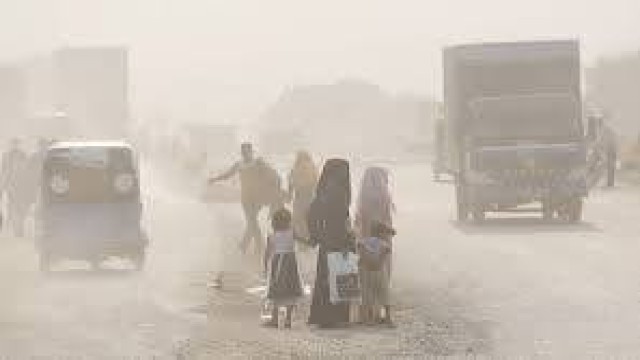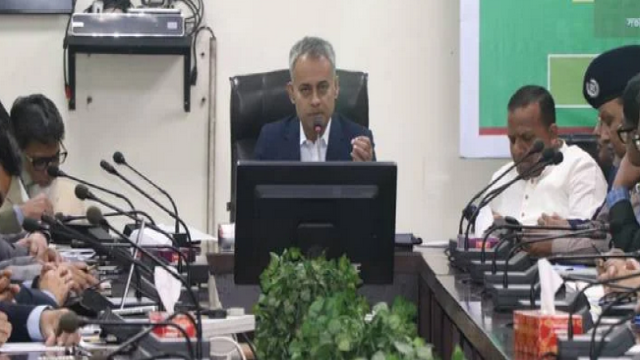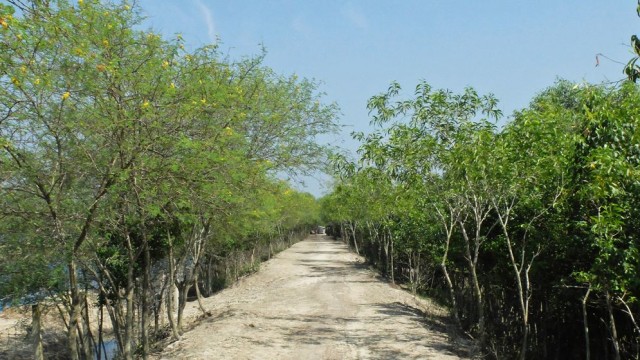Dhaka, Bangladesh, has topped the global list of cities with the worst air quality, with an AQI score of 190 recorded at 9:02 am today. This designation places the city's air quality in the "unhealthy" category, according to the air quality index.
Dhaka, Bangladesh, has garnered attention as it emerged at the forefront of global air quality concerns, with an AQI score of 190 recorded at 9:02 am Friday (March 22nd). The city's air has been classified as "unhealthy," based on the air quality index, signifying the potential health risks associated with the prevailing air pollution.
Following closely behind, Pakistan’s Lahore, Senegal’s Dakar, Kazakhstan’s Astana, and India’s Delhi secured the subsequent spots on the list, with AQI scores of 183, 171, 169, and 169 respectively. These rankings underscore the widespread impact of air pollution on major cities across different regions.
The air quality index categorizes AQI scores between 151 and 200 as "unhealthy," while scores of 201-300 are deemed "very unhealthy," and those exceeding 301 are considered "hazardous," posing severe health risks to residents. This index serves as a crucial tool for informing individuals about the cleanliness or pollution levels of a city's air, along with the associated health effects.
In Bangladesh, the AQI is based on five pollutants: particulate matter (PM10 and PM2.5), NO2, CO, SO2, and ozone. Dhaka, in particular, has long been grappling with air pollution issues, with its air quality typically deteriorating during winter and showing improvement during the monsoon season.
The global impact of air pollution is underscored by the World Health Organization (WHO), which estimates that air pollution leads to approximately seven million deaths worldwide annually. The increased mortality is primarily attributed to stroke, heart disease, chronic obstructive pulmonary disease, lung cancer, and acute respiratory infections.






























Comment: